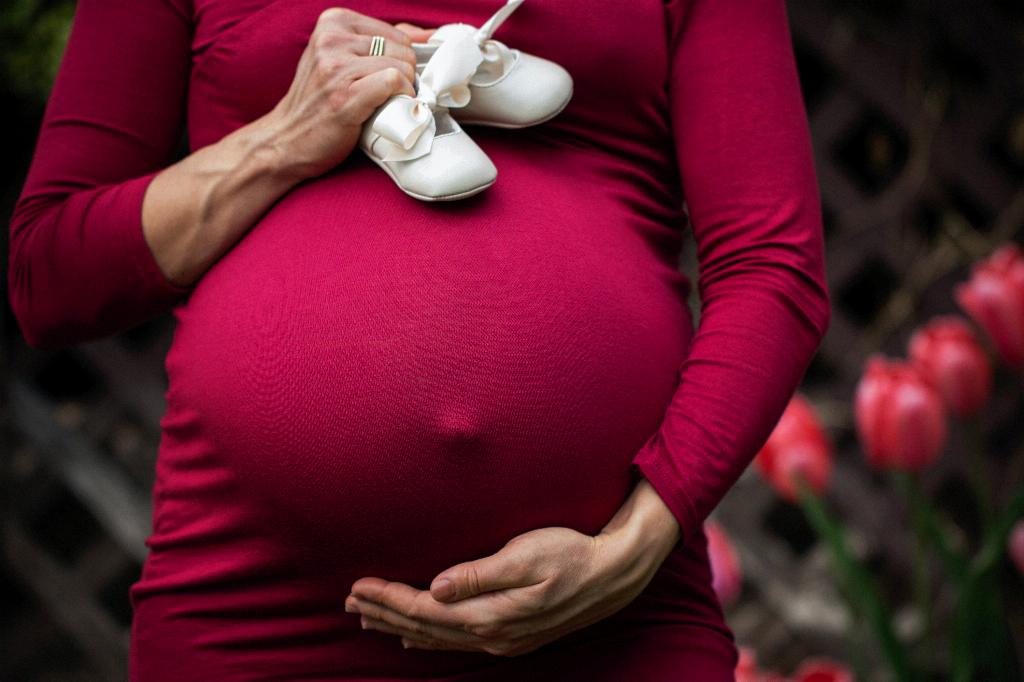One common phenomenon that many pregnant individuals experience as they approach the end of their pregnancy is known as nesting. Nesting refers to the sudden burst of energy and desire to clean, organize, and prepare your home for the arrival of your newborn baby.
For many expectant parents, the question of when nesting starts can be a source of curiosity and anticipation. According to experts, nesting can begin as early as the second trimester, typically around 24 weeks of pregnancy. However, it is more common for nesting behavior to peak during the third trimester, just a few weeks before the baby’s due date.
As the due date approaches, many pregnant individuals experience a surge of energy and motivation to get their homes in order. This may involve tasks such as deep cleaning, organizing the nursery, washing baby clothes, and preparing meals in advance.
Some expectant parents may find themselves rearranging furniture, assembling baby gear, and making sure that everything is ready for the baby’s arrival. This burst of productivity and nesting instinct is a natural part of the nesting process and can help parents feel more prepared and organized for the new addition to their family.
While the exact cause of nesting behavior is not fully understood, some experts believe that it may be linked to hormonal changes and the body’s natural preparation for childbirth. The nesting instinct may serve as a way to ensure that the baby’s environment is safe, clean, and welcoming.
It is important to keep in mind that not all pregnant individuals will experience nesting in the same way or at the same time. Some may feel the urge to nest early in pregnancy, while others may only start nesting closer to their due date. Every pregnancy is unique, and the timing of nesting can vary from person to person.
For many soon-to-be parents, nesting can be a time of excitement and anticipation as they prepare for the arrival of their little one. It can also be a great way to stay active and engaged during the final weeks of pregnancy, as well as a way to channel the nervous energy that often comes with awaiting the birth of a child.
If you find yourself experiencing nesting behavior, embrace it and use it as an opportunity to get organized and prepare for your baby’s arrival. Whether you’re tackling a major home project or simply sorting through baby clothes, nesting can be a positive and productive way to pass the time as you count down the days until your due date.
Remember to listen to your body and take breaks when needed, as nesting can sometimes lead to overexertion. Delegate tasks to family members or friends if you need assistance, and don’t hesitate to ask for help when necessary. The most important thing is to take care of yourself and prioritize your well-being as you prepare for the exciting journey of parenthood.
In conclusion, nesting is a common and natural phenomenon that can start as early as the second trimester but typically peaks in the third trimester of pregnancy. It is a positive and productive way for expectant parents to prepare their homes and minds for the arrival of their new baby. Embrace the nesting instinct, enjoy the process, and get ready to welcome your little one into a loving and organized environment.

